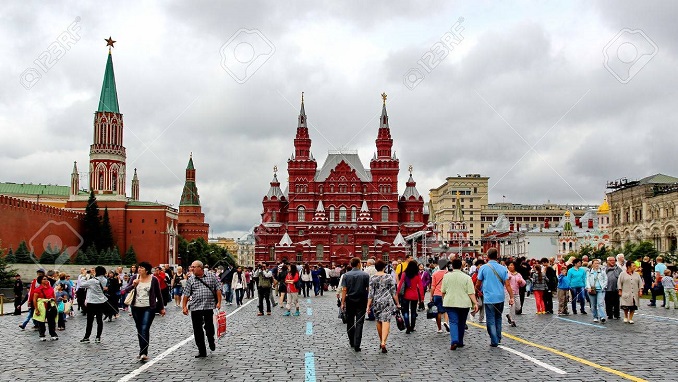In less than two days, the Russian government has kicked its response to the coronavirus outbreak into overdrive, shutting down its borders, limiting air travel, closing schools, and launching a large economic stimulus as medical experts have begun to question Russia’s official coronavirus statistics and the true efficacy of the response to limit its spread, Foreign Policy writes.
Should the true scope of the virus prove to be higher than shown in official statistics, it would mean that the Russian government has missed its chance to slow the pandemic, leaving an already overstretched health care system and weakened economy to deal with the burden of a new national crisis.
“Because the government now understands that infections could jump rapidly, we see new measures being employed to try and contain things very quickly,” said Alexander Gabuev, a senior fellow at the Carnegie Moscow Center. “The key concern is that the medical system doesn’t have the capacity to deal with the coming uptick in cases.”
As oil suffered its worst weekly collapse since 2008 following Russia’s bitter breakup with OPEC, economists slashed their growth forecasts. Even if oil stays roughly where it is now, the economy might not grow at all this year, Alexey Kudrin, a former finance minister who now runs the country’s Audit Chamber, said this week.
“The Russian economy is experiencing a double shock this year from oil and the virus,” Sofya Donets, an economist at Renaissance Capital in Moscow, told Bloomberg. “If the epidemic follows the European scenario, a recession is inevitable.”
Putin appointed a new pro-spending cabinet in January headed by Prime Minister Mikhail Mishustin, who promised that people would “feel the difference” in their lives as soon as possible. On Monday he said the government has set up a 300-billion ruble fund ($4 billion) to assist businesses and citizens affected by the virus and will allow affected industries to pay taxes late.
Russia has only registered 93 cases of coronavirus so far, with no reported deaths, but the economy will be hurt by any signs of recession in the European Union, a major trading partner. The virus fallout could have an even bigger impact on the economy than low oil prices, Finance Minister Anton Siluanov said Saturday, according to RIA Novosti.
He said the budget could post a deficit of as much as 1% of gross domestic product this year instead of the 0.8% surplus earlier forecast by the government. State companies will get a six-month extension on paying dividends, the Vedomosti newspaper reported Monday.












